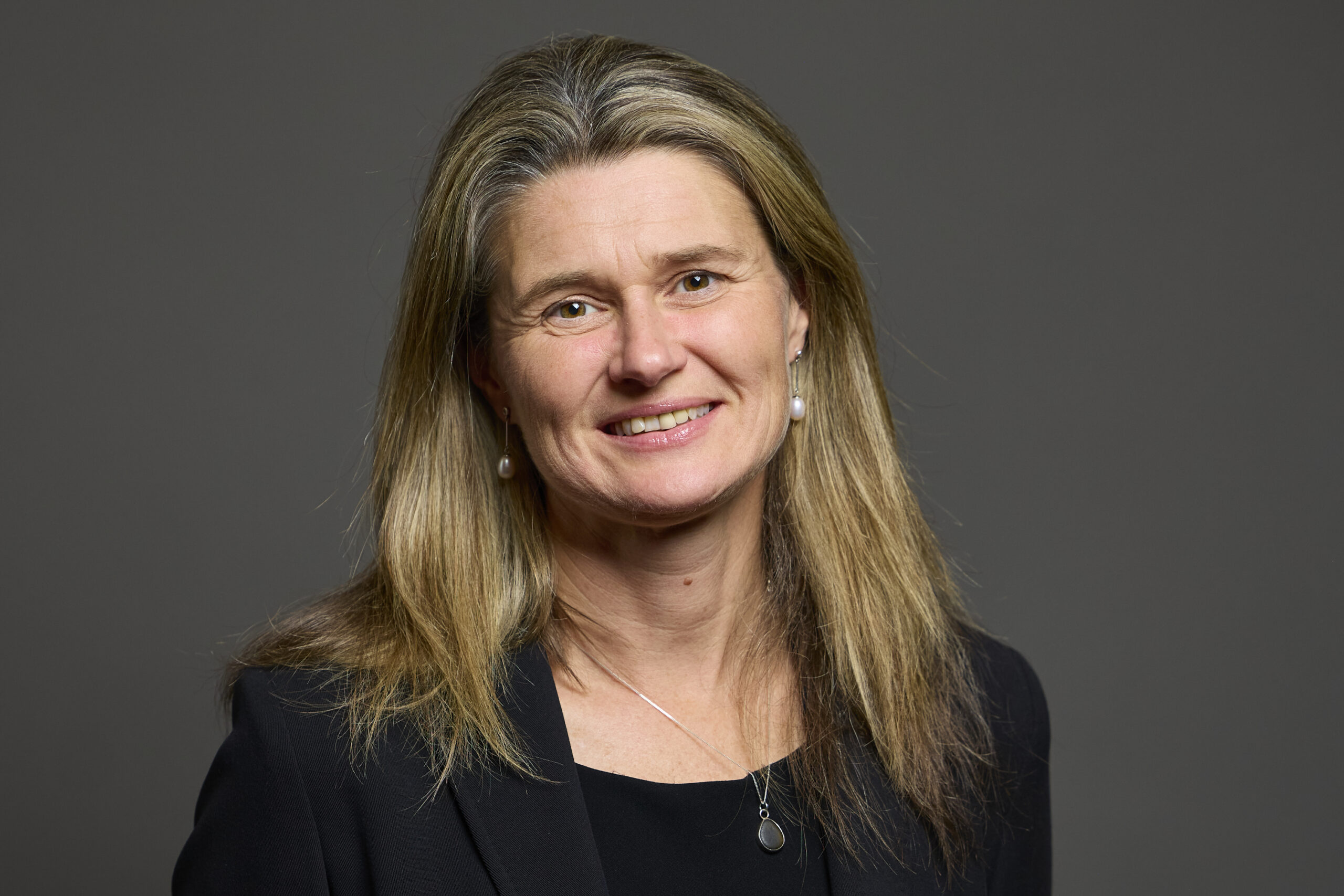My ex-husband joined the Royal Navy Fleet Air Arm at the age of 19 because he had always wanted to fly. He flew everything from hawks to helicopters and was a talented and committed pilot.
In 2022 he suffered strange symptoms of blood clots in his lungs and legs. It took some time and persistence, but he was diagnosed with multiple myeloma. A rare blood cancer that affects only 5000 people per year in the UK, most common in men over the age of 85
He was lucky to have some pioneering treatment in Dorset and later at the Royal Marsden Hospital, including a stem cell transplant. However, the cancer returned & he died a year after diagnosis, not long after his 54th birthday. Our son was 17.
It turned out that his was not an isolated case. A member in the Welsh Senedd led a debate, very like mine, a week earlier, about RAF winchman Zach Stubbings. Zach also died from multiple myeloma, aged 46, after working many hours on Sea King helicopters.
In fact, there are 180 cases with solicitors, that I know of, of crew working on military helicopters who have contracted cancers – many like the ones that Simon and Zach had. The Sea King particularly, but also the Westland Wessex, Puma and CH47 Chinook.
Solicitors for some of the personnel point to a Royal Air Force Institute of Health Report dated March 1999 which contained recommendations to reduce crew’s exposure to exhaust fumes. I understand that modifications to the Sea King to do this were not made, although did take place in other countries.
6 cases so far, included Zach’s, have been settled and compensation paid by the MOD, without admission of liability. Some war pension payments have been made, but some have been refused. It’s an illogical confusion.
Last July a report was written by The Independent Medical Expert Group (IMEG) on medical and scientific aspects of the Armed Forces Compensation Scheme. There was a section at the end on the potential link between exhaust fumes such as benzene from helicopters and blood cancers such as multiple myeloma. The findings were that the evidence and data available didn’t meet their threshold to establish a causal link between Sea King helicopter exhaust fumes or benzene and Multiple Myeloma, leiomyosarcoma, and soft tissue sarcomas.
The Sea Kings were taken out of service in the UK military in 2018 and the Westland Wessex in 2003. Pumas and CH-47 Chinooks are still in service although the older aircraft have recently been retired. However, Sea Kings are still in service in the private sector and in military use in other countries. 3 were donated from the UK to Ukraine in 2023.
The MOD started testing exhaust emissions from military aircraft this February and have started the process of checking the records of personnel and veterans to assemble data about how many have subsequently developed cancer. However, I have been told that capturing this data, which is crucial to establishing causation, could take months.
There are a number of things that could be done that could help people who are, or may in the future, be affected:
1. Help spread awareness through the military and veteran community of this potential link. There will be men and women with initial symptoms of blood cancers which can easily be missed.
2. Educate GPs in places where there are clusters of personnel and veterans who have worked with these aircraft and set up a screening scheme for at risk personnel and veterans.
3. The MOD must move faster on collecting the data on cancers in air and ground crew. The 5 year survival rate for multiple myeloma is 50%, so people are dying before their cases are settled, and many are still being turned down for compensation.
4. Private companies and other countries who still use these aircraft need to be informed of the potential risks so preventative measures can be taken.
My ex-husband and Zach thought they knew the risks they were taking on when they signed up to fly for the military. What they could not have realised is that there were potentially other hidden lethal risks. The people who risk their lives in the service of this country are courageous men and women and they deserve the very best care and the very best chance.


